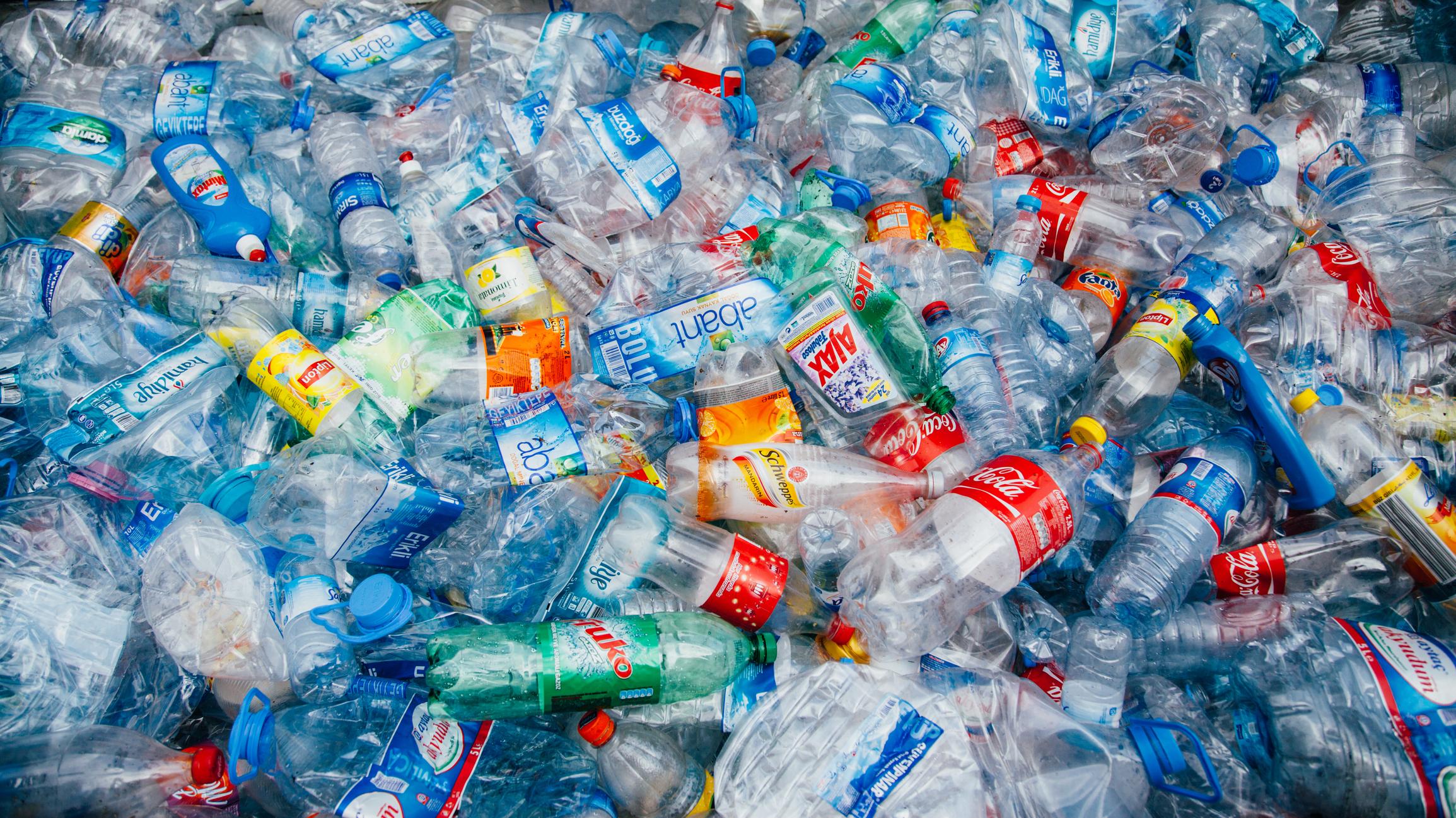Plastic waste could fuel cars of the future thanks to scientific breakthrough
Scientists at Swansea University say the process could also be a cheaper alternative to recycling as the plastic does not need to be cleaned first

Scientists have figured out a way to convert any kind of plastic waste into hydrogen fuel that could one day power cars.
Researchers at Swansea University made the breakthrough by adding a light-absorbing material to plastic and leaving it in a solution exposed to sunlight.
The process could also be a cheaper alternative to recycling as the plastic does not need to be cleaned first, according to the Swansea based scientists.
Dr Moritz Kuehnel, from the university’s chemistry department, said: “There’s a lot of plastic used every year – billions of tonnes – and only a fraction of it is being recycled. We are trying to find a use for what is not being recycled.
“The beauty of this process is that it’s not very picky. It can degrade all sorts of waste.
“Even if there is food or a bit of grease from a margarine tub, it doesn’t stop the reaction, it makes it better.
“The process produces hydrogen gas. You can see bubbles coming off the surface. You can use it, for example, to fuel a hydrogen car.”
Light-absorbing material is added to the discarded plastic before it is placed in an alkaline solution and exposed to sunlight, which creates hydrogen.
But it may take years before the plastic-to-fuel process can be rolled out on an industrial level.
In the UK, the abundance of single use plastic has become a major issue in recent years and has led to campaigns to limit the use of plastic bags in shops and disposable coffee cups in cafes.
The work, funded by the Engineering and Physical Sciences Research Council and an Austrian petrochemical company, has also shown how the remains of the plastic could be recycled to make new plastic.
Additional reporting from agencies.
Join our commenting forum
Join thought-provoking conversations, follow other Independent readers and see their replies
Comments
Bookmark popover
Removed from bookmarks